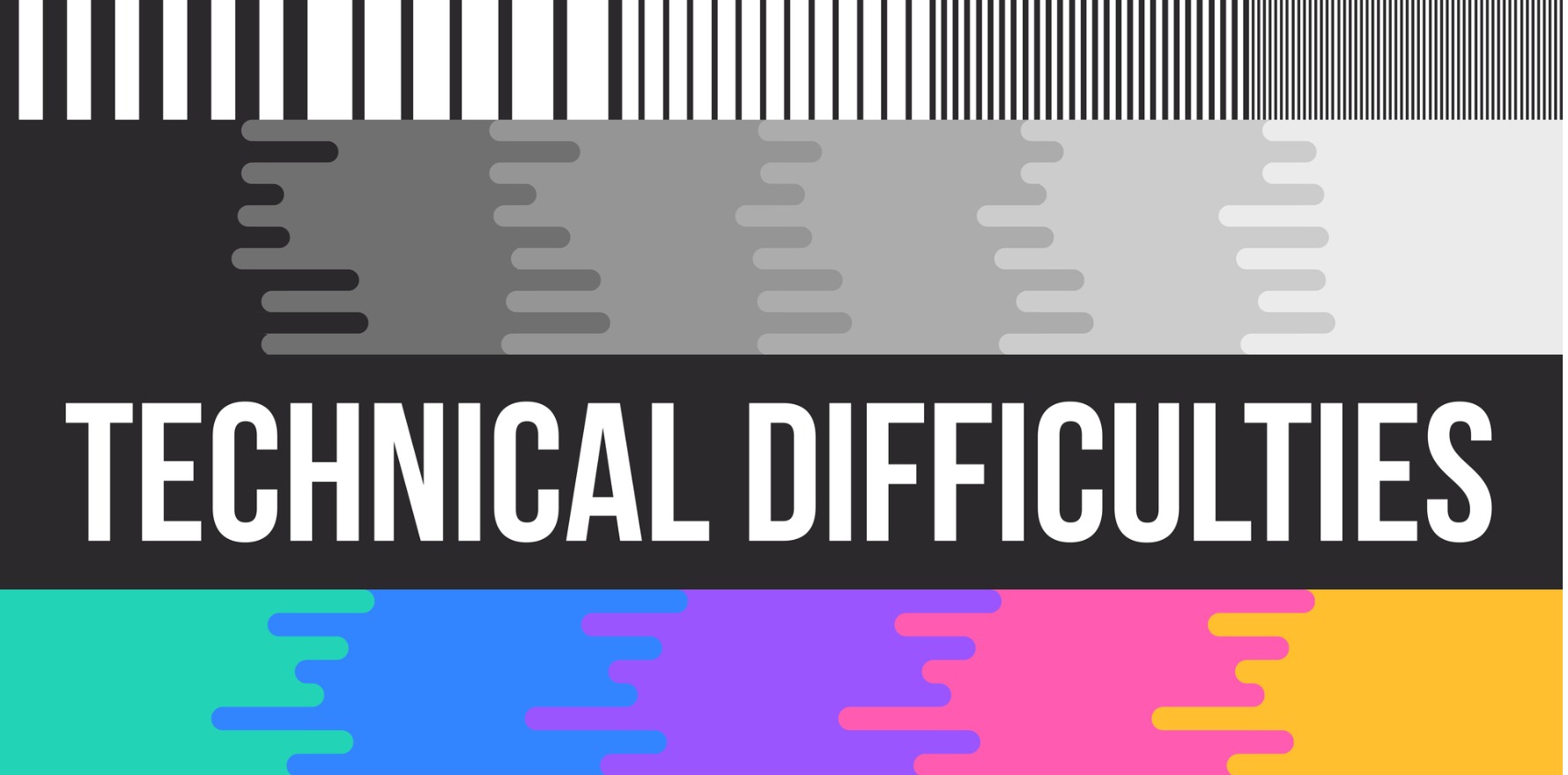Why interoperability is a such big deal and whether it’s actually possible.
Modernising My Health Record could create some good but it’s a complex journey, says Ben McEvoy, Evrima’s chief technology officer.
From an early career background of software engineering, Mr McEvoy now leads the development of digital solutions that recruit patients into clinical trials.
He spoke with The Medical Republic about the technical journey ahead of My Health Record (MHR) following promises in the federal budget to modernise the national repository.
Could MHR to be transformed into a real-time database?
I feel “real-time” is a bit of a red herring here. The problem isn’t so much the pace of retrieval as the actual contents within the system. Currently, MHR functionality is like being able to download PDF bank statements; you can get the information but it’s not very efficient for software systems. What’s needed is something more like open banking. Your data is provided in a form native to system communication, making it easy to extract values, track trends, build timelines and project outcomes.
How can modernising MHR create interoperability (data sharing) when most patient management systems are not cloud based?
Not being web-based isn’t a deal-breaker. Medical Director and Best Practice are the most widely used patient management systems in primary care and they already send data to MHR. On-site hospital systems also send discharge summaries – so not being “cloud-based” isn’t ideal, but it’s not a deal-breaker.
So, what is the issue then?
The challenge is getting access to consistent, comprehensive, quality data. Most primary care patient management systems store their data in-situ, in old, proprietary databases. When they need to send data to MHR, they extract just the data required by the government, press it into the MHR format and send it. A lot of context is lost. For example, I can see in MHR that recently I went to the doctor and she charged me for a standard appointment, but I can’t see what notes she wrote. I can see the doctor prescribed an antibiotic, but I can’t see a diagnosis code. I can’t see when I filled that prescription or its repeat. Today, the MHR is an incomplete copy of only some patient health data – limiting its effectiveness at best and making it dangerous at worst.
Why is interoperability such a big deal?
Interoperability would mean that all systems in our health networks would speak the same “language” by design. This reduces overheads, increases richness of integration and genuinely opens up completely new avenues of innovation. What we have today is that health record holders all speak “MHR” and then all integrators and innovators have to learn to speak “MHR” too. They aren’t speaking directly to each other and so by virtue of having to work through the MHR “translator”, that system becomes a bottleneck and a brake on innovation.
What’s the solution?
Ideally, MHR or a supporting system would broker a direct link to records where they are originally kept – such as in a GPs patient management system – rather than creating a copy. It is complex, but open banking is doing just this, placing the onus on the custodians of the customer data. Open banking standards designate criteria such as what data must be available and how it can be accessed. Customers have control of their own data and can easily grant access to third parties, such as accounting packages, allowing them to speak directly to the source.
How could that happen in a healthcare ecosystem?
As a fundamental step, the government could mandate that a patient’s right to access their records should be facilitated by the custodians of those records. They could mandate that the data be made available in a certain format, in real time and at no cost to the patient. They could negotiate funding to current vendors to become compliant. It’s not a new idea – being similar to what the Obama administration did with the 21st Century Cures Act in the United States. The federal government has recently indicated that interoperability standards will come into play. I’m hopeful that the recent budget will be judiciously invested in a long-term solution to our healthcare data interoperability needs.


